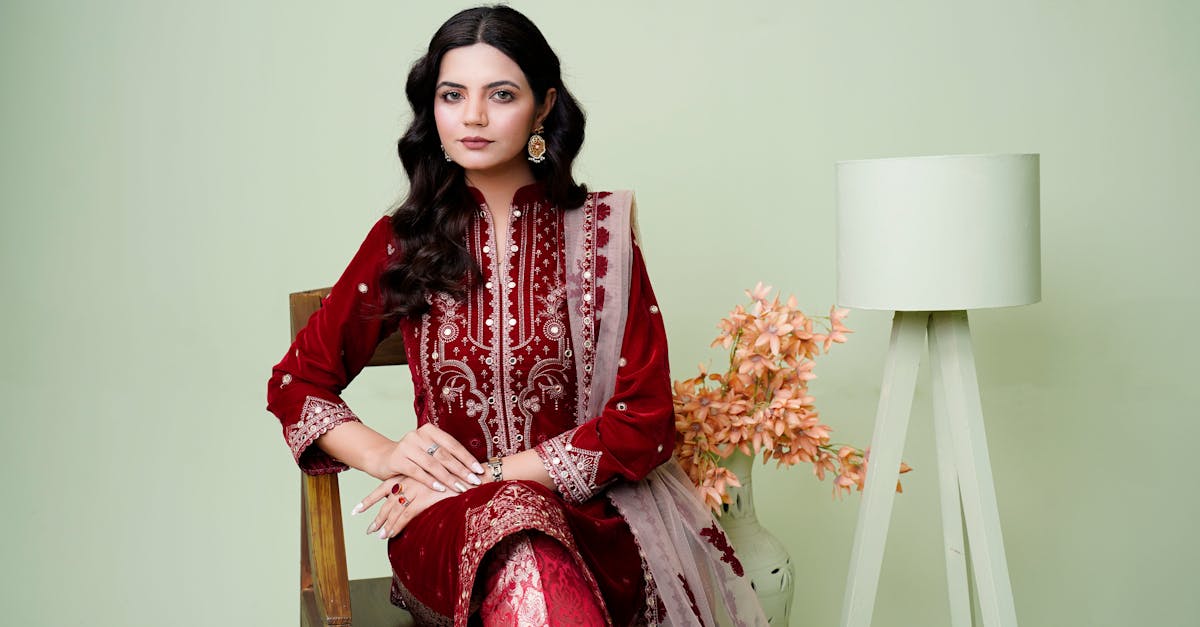Mindful Fashion Insights: A New Era of Sustainable Style
Introduction to Mindful Fashion
In recent years, there has been a significant shift toward conscious consumerism, particularly in the fashion industry. Mindful fashion, at its core, embraces sustainable practices that benefit both the environment and people. This movement is not just a trend but a crucial evolution driven by a need for ethical consumption. By understanding the impact of our fashion choices, we can contribute to a healthier planet and society. The rise of mindful fashion calls for a collective effort to innovate and transform traditional practices. This article delves into the principles, benefits, challenges, and future of mindful fashion—an essential paradigm for the modern age.
Advertisement
Principles of Mindful Fashion
Mindful fashion is guided by several key principles—ethical production, environmental sustainability, and social responsibility. Ethical production emphasizes fair wages and safe working conditions for garment workers. Environmental sustainability advocates for using eco-friendly materials and processes to reduce waste and pollution. Social responsibility encourages brands to support community initiatives and create positive social impacts. Transparency is also central, ensuring that consumers are informed about the origins of their clothing. These principles strive to create a fashion industry that respects both people and the planet, setting a standard for others to follow.
Advertisement
Sustainable Materials and Practices
The heart of mindful fashion lies in the materials and practices employed. Organic cotton, hemp, and bamboo are popular sustainable fibers due to their low environmental impact. Recycled materials, such as polyester from ocean plastics, reduce waste and breathe new life into discarded items. Furthermore, water-efficient dyeing techniques and waste-reducing design processes are gaining traction. Brands are also adopting a circular economy approach, where clothing can be returned, recycled, or upcycled. These strategies reflect a commitment to reducing the fashion industry's ecological footprint.
Advertisement
The Role of Technology and Innovation
Technological advances play a vital role in propelling mindful fashion forward. Innovations like 3D printing enable designers to create less wasteful collections, while AI-powered tools optimize supply chains to reduce excess production. Digital fashion shows and virtual fittings diminish the carbon footprint associated with traditional events. Tech-driven platforms and apps promote second-hand shopping and clothing rental models. Through technology, the fashion industry can meet consumer demands for sustainability while reducing environmental harm.
Advertisement
Consumer Awareness and Demand
Today's consumers are more informed and conscious about their purchasing decisions. Awareness initiatives highlight the detrimental effects of fast fashion, urging people to choose more sustainable alternatives. Influencers and activists play a pivotal role in spreading the message of mindful fashion, leveraging platforms to advocate for ethical choices. As demand for transparency and responsibility grows, brands must adapt or risk falling behind. Retailers respond by offering sustainable lines, influencing industry-wide changes. This consumer-driven demand sets the tone for a future where sustainability is a priority.
Advertisement
Challenges and Complexities in Adoption
Despite the momentum, mindful fashion faces several challenges. Implementing sustainable practices can be costly, with limited access to sustainable materials posing a significant barrier for smaller brands. Overcoming the ingrained culture of fast fashion requires effort and education. Achieving transparency throughout supply chains is complex and requires collaboration among stakeholders. There's also the potential for 'greenwashing,' where brands superficially adopt sustainable practices for marketing purposes without genuine commitment. Addressing these hurdles is essential for realizing meaningful change in the industry.
Advertisement
The Economic Impact of Mindful Fashion
Mindful fashion contributes positively to the economy by creating new opportunities for growth and innovation. Sustainable brands often command higher price points, supporting fair wages and local industries. The development of eco-friendly materials stimulates research and investment. Mindful practices attract conscious consumers, strengthening brand loyalty and establishing market differentiation. Furthermore, by reducing dependency on finite resources, the industry can ensure long-term viability. Mindful fashion is not only an ethical imperative but an economic opportunity that promises lasting benefits.
Advertisement
The Future of Mindful Fashion
The future of mindful fashion lies in collaborative efforts across sectors. Governments can support sustainable initiatives through policy and incentives. Brands must continue innovating, investing in sustainable technologies and practices. Educators have a role in fostering the next generation of mindful designers and consumers. Global partnerships and alliances can drive widespread change, overcoming barriers and ensuring inclusivity. The future beckons a fashion landscape where sustainability is the norm rather than the exception, a testament to human ingenuity and dedication.
Advertisement
Cultivating a Cultural Shift
Changing the fashion industry requires a cultural shift toward valuing quality, longevity, and purpose over disposability. Education is crucial in reshaping mindsets, promoting awareness and understanding of sustainable practices. Storytelling, through media and campaigns, can engage and inspire action. Businesses, consumers, and communities must unite in this vision, embodying the principles of mindful fashion globally. A cultural transformation in fashion aligns style with sustainability, empowering individuals to make choices that reflect their values and beliefs.
Advertisement
Conclusion and Call to Action
Mindful fashion represents a transformative movement toward a sustainable and ethical industry. By embracing ethical production, sustainable materials, and informed consumer choices, we redefine fashion's role in society. Although challenges exist, ongoing innovation and collaboration promise a brighter future. Now is the time for action, encouraging consumers and brands alike to prioritize mindful choices. Together, we can ensure the fashion industry flourishes responsibly, paving the way for a thriving planet and equitable society for generations to come.
Advertisement








